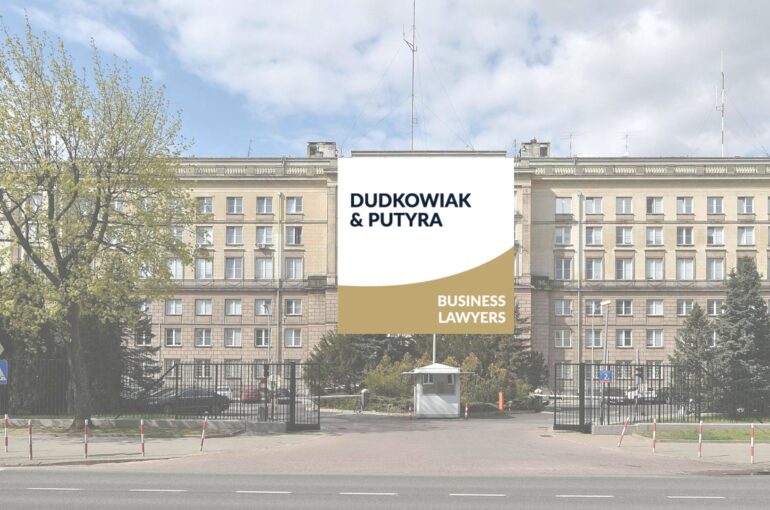The legality of employers’ sobriety checks by employees is still an unknown
The Ombudsman for Small and Medium-sized Enterprises asked the Minister of Family, Labor and Social Policy to issue a legal explanation regarding the possibility of employers’ self-sobriety testing of employees, hoping that he would support the position of the Ombudsman allowing such control, due to the obligation on the employer ensuring safety in the workplace.
The minister was to answer two questions raised by the Ombudsman:
- Do the current provisions of the Act on Upbringing in Sobriety and Counteracting Alcoholism allow employers to check their sobriety independently, including preventive control?
- Is information on the state of sobriety personal data on the state of health within the meaning of the Labor Code?
In response to the application, the Ministry of Labor stated that due to the scope of the questions, it cannot issue legal explanations on its own. In his opinion, the answer to the first question should be given with the participation of the Minister of Health, whose competence includes the Act on Upbringing in Sobriety and Counteracting Alcoholism. In turn, the second question requires the interpretation of Art. 9 of GDPR, so it should be resolved together with the Minister of Digitization responsible for personal data issues.
At the same time, the ministry presented its position on the above issues, indicating that sobriety control may take place on the initiative of the employee or employer himself. Basically, they are in line with the explanations posted on the UODO website.
Sobriety control at the employee’s initiative
The labor ministry considers information on the state of sobriety of the employee as information on his physiological state, and therefore data on the state of health, covered by special protection pursuant to art. 9 GDPR. In accordance with art. 221b § 1 of the Labor Code, such data may be processed by the employer only if:
- the employee will take the initiative to provide this data,
- the employee will give the employer explicit consent to the processing of this data.
Therefore, the employer may not ask employees for permission to undergo a random sobriety check.
Sobriety control at the employer’s initiative
The ministry sees in its current legal status the possibility of testing sobriety of employees on the initiative of the employer. He recognizes art. 17 of the Act on Upbringing in Sobriety and Counteracting Alcoholism for a special provision in relation to Art. 221b § 1 of the Labor Code, which allows the employer to initiate sobriety checks. However, the employer’s rights are limited to requesting the employee’s sobriety test to be carried out by the relevant authorities authorized to protect public order (most often it will be the Police). So he cannot carry out the breathalyser test himself or use the help of a security company.
Moreover, a request for sobriety checks can only be made if there is a reasonable suspicion of employee being drunk. Therefore, the so-called preventive sobriety control, including sectors with increased safety standards, e.g. construction or transport is not allowed.
At the same time, the Ministry did not express its opinion on the possibility of applying art. 9 section 2 point b of the GDPR, which lifts the ban on processing the so-called „Sensitive data” where this processing is necessary to fulfil the obligations and exercise special rights by the administrator or the data subject, including in the field of labour law. The option of employers to refer to this provision was suggested by the Ombudsman for Small and Medium-sized Enterprises. The employer, due to his obligation to take care of safe and hygienic working conditions, could carry out sobriety checks of employees alone and without the need to obtain their consent in this regard.
We will have to wait for the legal clarification, which is to determine the possibility of conducting sobriety self-control by employers. However, hopes for settling the current situation without introducing changes to the law are getting smaller. In my opinion, the positions of the UODO and the Ministry of Labour expressed so far are too firm and do not take into account the scale of the problem of intoxication at work and the risks associated with it. It is obvious that employees have the right to respect for their privacy and dignity in the workplace. However, these values should not be protected at the expense of danger to life and health.


